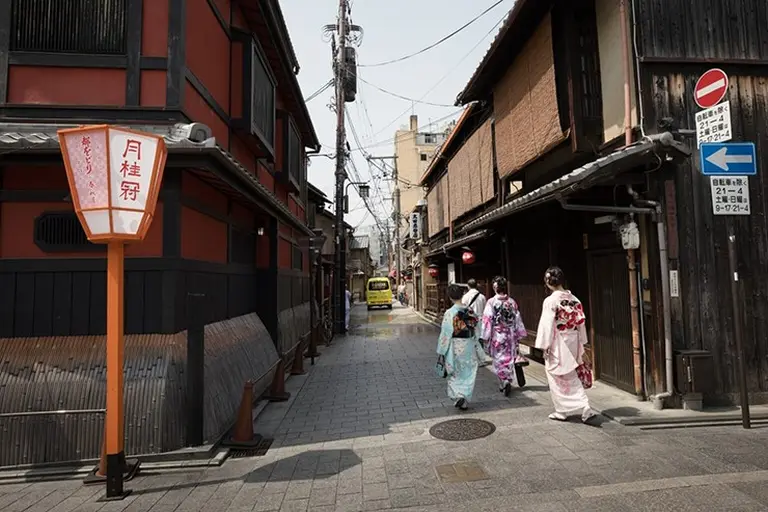A vibrant, modern city fueled by the global wave of K-POP, or a majestic capital steeped in ancient Chinese history? If you’re planning your first international trip to East Asia, the decision between Seoul (South Korea) and Beijing (China) might not be so easy.
Both cities offer world-class cultural experiences, iconic landmarks, and unique culinary adventures. But depending on your travel style, budget, and preferences, one destination might suit you better than the other.
Let’s break it down—costs, food, transportation, and cultural highlights—to help you decide where to begin your East Asian adventure.
>> 10 most famous mountains in China – Where scenic beauty feels otherworldly
1. Flight & Accommodation Costs
Flight Prices:
Flight costs to either city vary depending on your location and the season. In general, flights to Seoul and Beijing are competitively priced, with frequent international routes and budget options available.
Accommodation in Seoul: Seoul caters to every type of traveler, offering everything from homestays and hostels to luxury hotels.
- Budget hostels: $12–20 USD/night
- 3-star hotels: $40–80 USD/night
Popular areas like Myeongdong, Hongdae, and Itaewon are favorites among tourists for their convenience and shopping scenes.
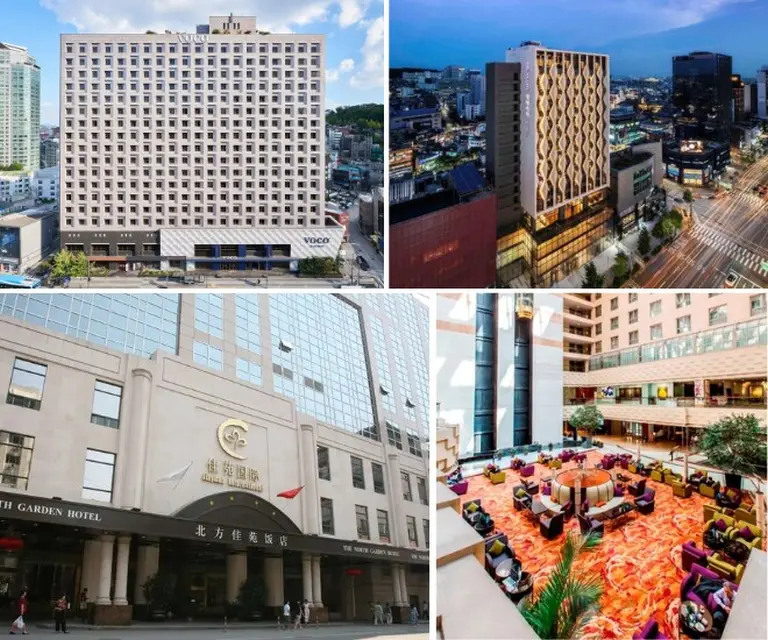
Accommodation in Beijing: Rates are fairly similar to Seoul, but the city’s size can affect pricing and location choices.
- Budget hostels: $15–25 USD/night
- Hotels in central districts (Wangfujing, Sanlitun): $60–120 USD/night
Staying closer to major attractions often comes at a higher price.
2. Food & Dining
Seoul – Street Food Heaven: Korean cuisine is not only flavorful but also budget-friendly.
- Street food or small eateries: $3–6 USD/meal
- Restaurants: $8–20 USD/meal
Don’t miss signature dishes like tteokbokki (spicy rice cakes), kimbap, and bulgogi, especially at Gwangjang Market or in the buzzing streets of Hongdae.

Beijing – Bold Flavors of Tradition: Famous for dishes like Peking duck, jiaozi (dumplings), and Zha Jiang Mian, Beijing offers a bold and savory food experience.
- Local eateries: $4–8 USD/meal
- Mid-range restaurants: $12–30 USD/meal
Dining here may be a bit pricier, but the rich variety of flavors makes it worthwhile.
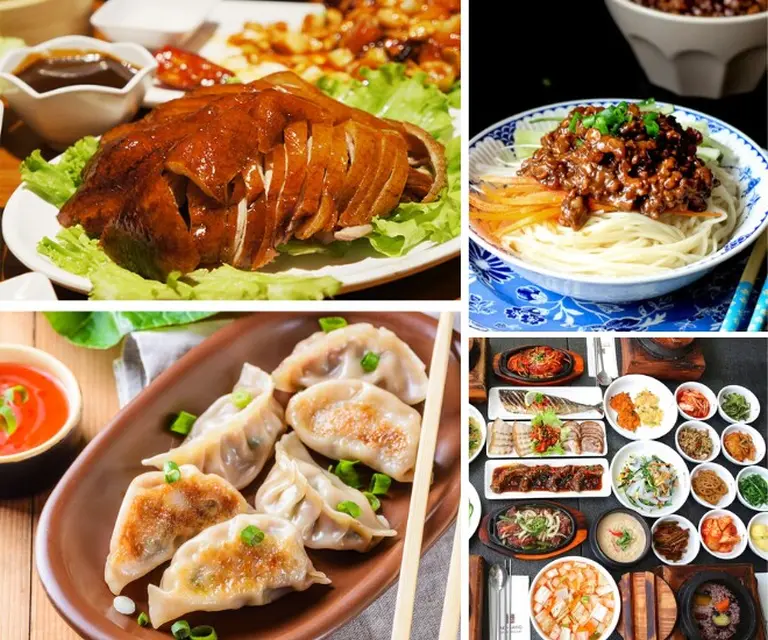
>> Must-try Korean dishes: Iconic flavors you shouldn’t miss
3. Getting Around
Both cities feature well-developed subway systems, ideal for tourists.
Seoul: Use a T-Money card for discounted fares and easy access to buses and trains.
- Subway fare: $1.20–1.50 USD per ride
Stations and signs are usually in both Korean and English, making navigation simple.
Beijing: Get a Yikatong travel card for seamless metro and bus travel.
- Subway fare: $0.80–2.00 USD per ride
While extensive, Beijing’s subway can feel more complex due to the city’s vast size and fewer English signs. Knowing some basic Mandarin phrases will be a big help.
4. Cultural Attractions
Seoul – The Blend of Old and New:
- Gyeongbokgung Palace
- Bukchon Hanok Village
- Namsan Tower
- Hongdae District
Seoul offers a mix of tradition and trendiness—ancient palaces standing tall beside K-pop cafés and modern boutiques.
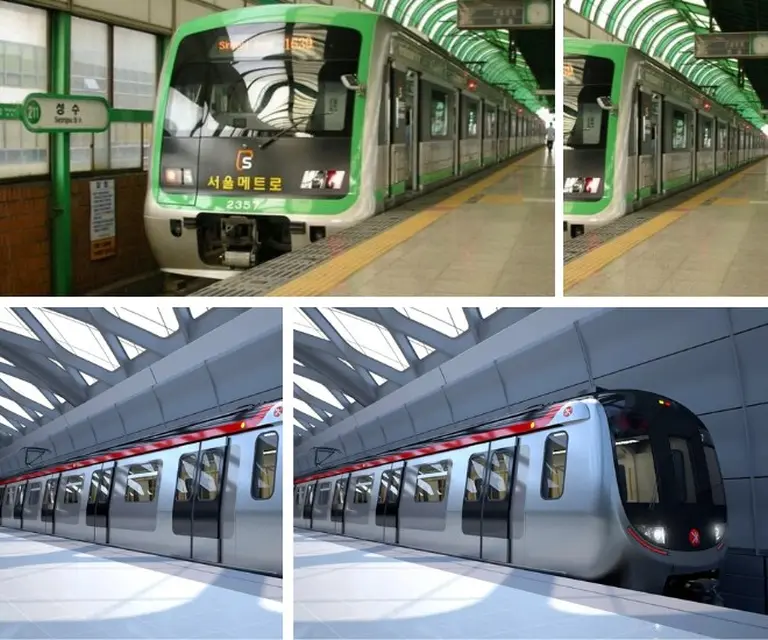
Beijing – A Journey Through Imperial Grandeur:
- The Forbidden City
- The Great Wall of China
- Summer Palace
- Tiananmen Square
If you’re fascinated by dynasties, emperors, and centuries-old architecture, Beijing will captivate your imagination.
>> An Abandoned Village Becomes a Tourism Sensation with Enchanting Treehouses in China
5. City Vibe & Language
Seoul is energetic, modern, and highly accessible to young travelers. With its tech-savvy infrastructure and English-friendly environment, you’ll find it easy to explore. Bilingual signage and friendly locals make it a great destination for first-time travelers.

Beijing, while more traditional and historical, offers a calmer, more reflective pace. However, English is not as widely spoken, especially outside of tourist areas. Learning a few basic Mandarin phrases will go a long way in enhancing your experience.
Seoul or Beijing?
Both cities are gateways into the soul of East Asia—but your perfect first international destination depends on what you’re looking for.
Choose Seoul if you want:
- A mix of modern convenience and cultural depth
- A lively city full of K-POP, street fashion, and urban energy
- Easy navigation with English-friendly signs and tech-savvy services
- Delicious, accessible street food everywhere
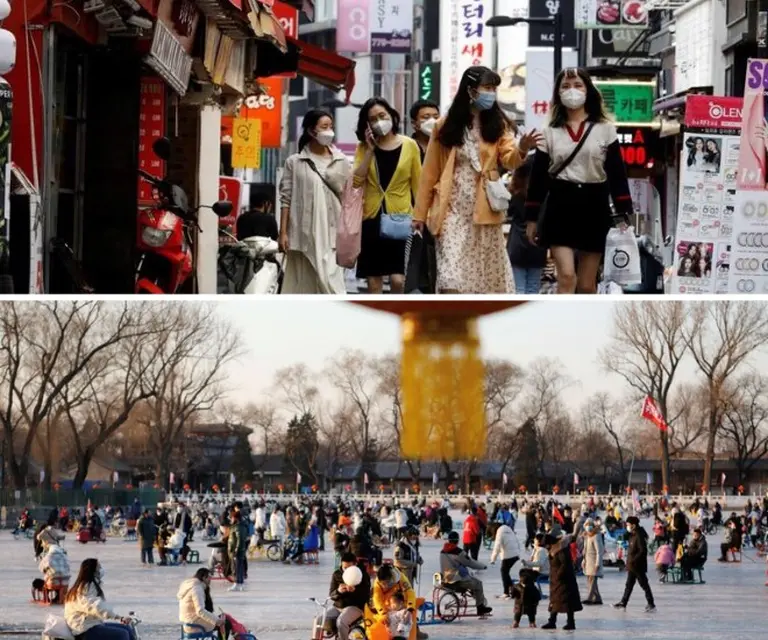
Choose Beijing if you want:
- To immerse yourself in ancient history and imperial landmarks
- A deeper dive into traditional Chinese culture
- To explore world-renowned sites like the Great Wall and Forbidden City
- A more contemplative, authentic cultural experience
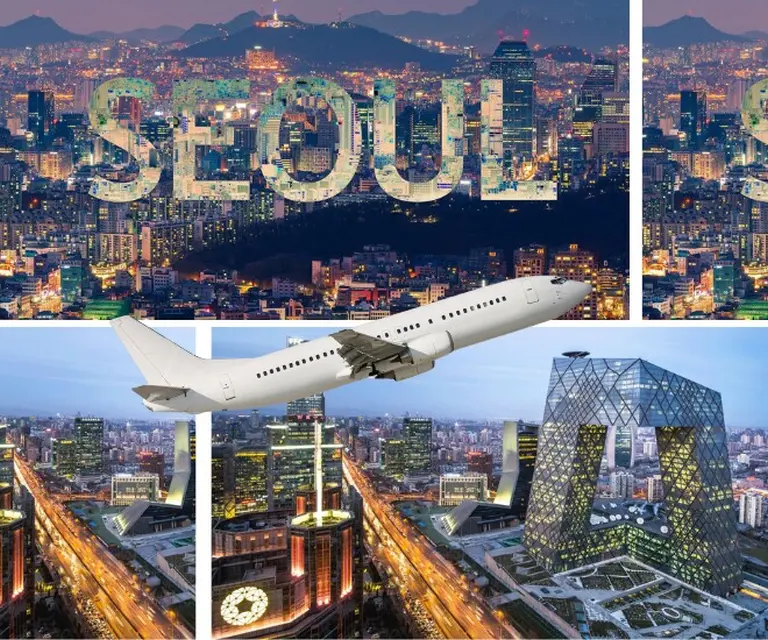
>> Where to embrace Korea’s stunning autumn foliage
Why Not Both?
If time and budget allow, consider visiting both cities on separate trips. Each offers a unique perspective on Asia’s past and present, and both will leave lasting impressions on your travel story.
Looking for travel itineraries, packing tips, or hidden spots in Seoul and Beijing?
Explore more on our blog and get inspired for your next great adventure.






